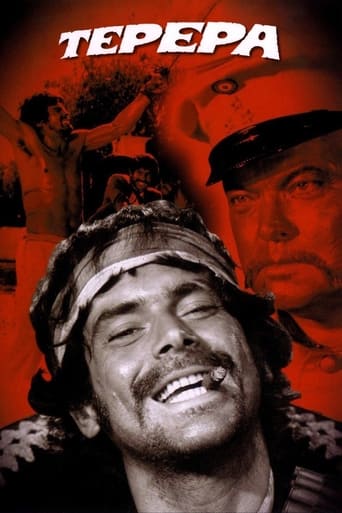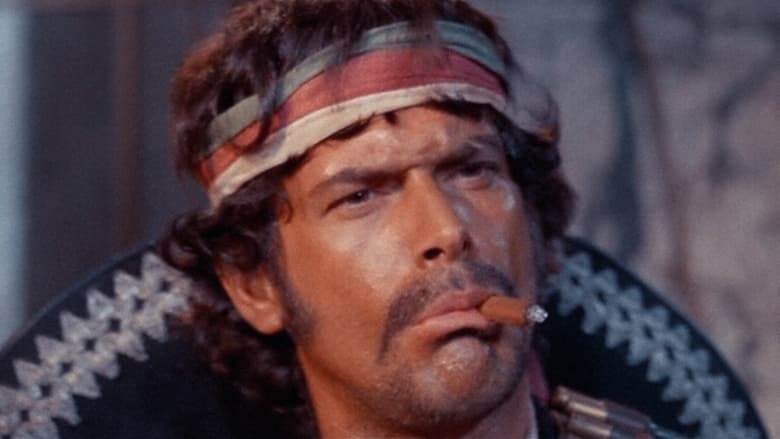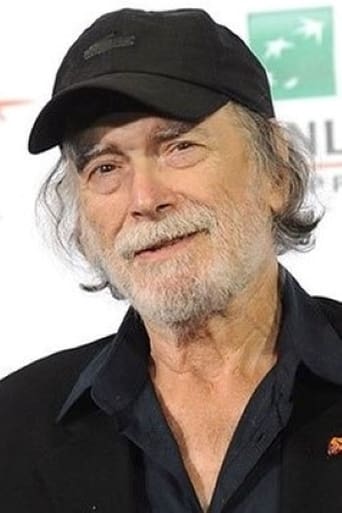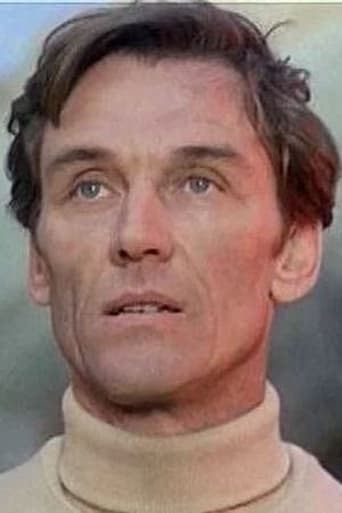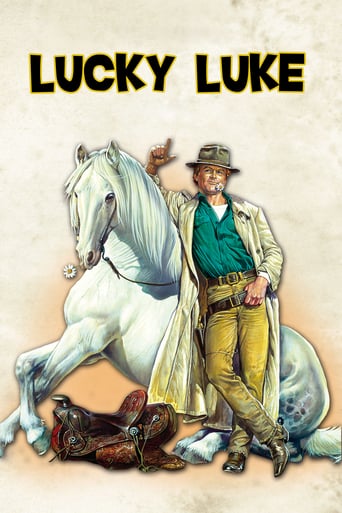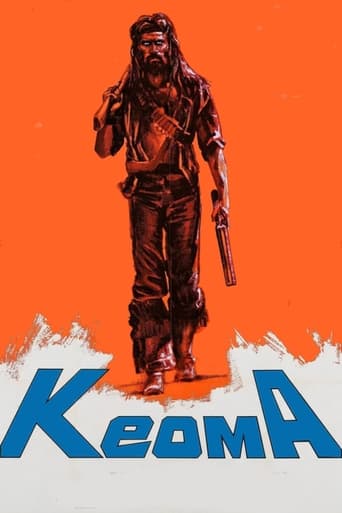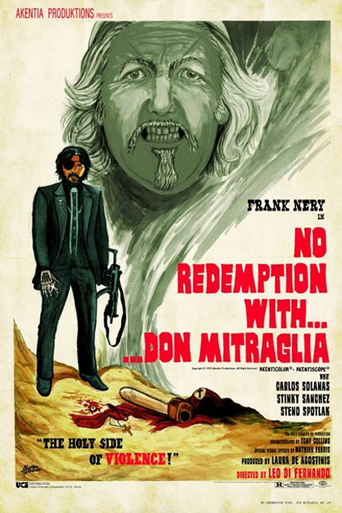Tepepa (1969)
The Mexican guerilla leader Tepepa and his gang fight against the chief of police, Cascorro.
Watch Trailer
Cast


Similar titles
Reviews
This movie is unusual, even by spaghetti western standards. It's not strange in an obvious, over-the-top sort of way like "El Topo." "Tepepa" is more subtle in the way that it plays with your head.One of the more common traits of Italian westerns in general is the lack of the old-fashioned "good guy" type of character, and "Tepepa" is certainly no exception to the rule, but this movie takes it a step further than most. In most Euro-westerns, even though there is no "good guy" per se, there still exists a hero that is someone the viewer will root for. This hero can range from the likable kind-hearted outlaw like "Blondie" from "The Good the Bad and the Ugly" to the leader of a ruthless murdering gang of thieves like "Black Jack" from the movie "Black Jack." Usually this hero or "anti-hero" ends up getting his revenge on the other scoundrel or scoundrels who have done him wrong, and the viewer of the film ends up very satisfied at the end. This movie turns that whole spaghetti western scenario inside-out in the same way that the "traditional" spaghetti western turns the "traditional" Hollywood western on its head.In the beginning, Tomas Milian as "Tepepa" becomes the "hero" we instinctively root for. He is a killer, but it's in the name of revolution. He is trying to free his people from the tyranny of the greedy land-owners, and we see the English doctor that wants to kill him as being just a misguided man who will eventually do what's "right" and join forces with Tepepa and the revolution. But soon we begin to discover the reason why the Englishman wants to kill Tepepa, and after that, the movie begins to slowly destroy all of our preconceptions about, and attachments to, the characters in the story. The film ends up being very unsettling because we are left with no protagonist, and just feel kind of weird about everyone and everything in the film. To top it all off, the innocent ten-year-old boy (when one appears in a spaghetti western, he almost always ends up being killed) in this movie is the most cold-hearted person in the film, and he is the only main character that survives! Tepepa is a very well-made film. The acting is excellent. Tomas Milian is great, as usual. This is a very serious western, as opposed to some of his others which have funny moments, but he plays this type of character very well, whether being humorous or not. I strongly disagree with some of the other reviewers who are critical of Orson Welles' performance in this movie. He is incredible in this film as Colonel Cascorro, the drunken, swaggering, yet soft-spoken strong-arm of the oppressive Mexican government who is out to destroy Tepepa and the revolution. Yes he mumbles at times, but that adds so much to the personality of the character, and makes him more believable. There are only a few words here and there that are hard to understand, and it doesn't interfere with ones ability to understand what's going on in the film. He plays the part with brilliant subtlety. He's like the antithesis of the usual over-the-top spaghetti western thug. Then there is Luciano Casamonica as Paquito, the aforementioned ten-year-old (approximately) boy. We start to get the hint that he's no ordinary spaghetti western child when he fails to shed a tear when his father is killed, then rides home with Tepepa who has just killed him. Later on we learn that Paquito is capable of killing without much of a reason, and showing absolutely no remorse, yet he still has this aura of innocence about him. Casamonica pulls this off quite convincingly for an actor of his age. The music score is great, as is to be expected since it is by the master, Ennio Morricone. The cinematography is also top-notch. This was definitely meant to be a quality production.Other reviewers have commented that the US video version is drastically cut, which may account for the poor scores this movie has gotten. I don't know because I haven't seen that version. This review is based on a widescreen version that seems to be complete.For those that love spaghetti westerns, this is a must-see film that is well worth seeking out.
The American video release of Tepepa does the film no favours. Apparently suffering drastic cuts (40 minutes!) from its continental version, the film now makes little sense. Additionally, the pan and scan print seriously compromises the original 2.35:1 aspect ratio. Whether the original film was any good is a matter of conjecture: though John Steiner is excellent as a British doctor, Orson Welles mumbles his way through his performance as a Mexican colonel and Ennio Morricone's score is cribbed from his earlier work. Nevertheless, a DVD restoration seems absolutely necessary--we can't pass judgment on this film until we see it at full length and in widescreen.
1st watched 9/1/2001 - 3 out of 10(Dir-Giulio Petroni): Culture shock seemed to occur for me while watching this movie. I get the impression that if I was from Mexico or another country that experience the kind of life that was displayed in this movie I would have appreciated it more. I could not understand the emphasize on the title character(Tepepa) as a hero(consistently playing this silly come on let's get behind him music) as he goes about fighting for what I guess is freedom from tyrannical rule. The tyrannical ruler of this movie(played by Orson Welles) is emotionless and just not very impressive as a person but supposedly because he had the money he could rule over everyone. This is what `Tepepa' was fighting against, but by the end of the movie with both Tepepa and the Orson Welles characters killed we're still not sure whether this country will be ruled by the people or by those who have the money. This to me is the problem with revolutions in general(Enough with the social commentary, back to the movie.). Without Welles this would have been a much better movie. He mumbled his way through many scenes and just seemed misplaced in the film. As a story it actually was somewhat interesting, but as a film and production it was lacking.
If you like action-packed westerns, then you'll be in for a treat when you see the marvelous masterpiece, "Blood and Guns." It has a great cast, fantastic acting, and it takes a common "good guys vs. bad guys" plot and turns it into a memorable viewing experience through humor, tragedy, and most importantly, Orson Welles. There has never been a film like this before or after its release. It's a true original! What other movie uses billy goats strapped with dynamite to attract the enemy? What other movie shows Orson Welles shooting at a man on a horse going around a little red car in cirlces? None. There is an evil doctor with a chin bigger than Jay Leno's. There is a great battle scene between the peasants and the mexican brown-suits. Tomas Milian, who played Tomas F. Dobb in a spanish version of "Revolution", is the man with the big black sombrero who taunts Orson Welles until he learns his lesson from the big man himself. There's the naive mexican boy. The frightened citizens. The violence. And Orson Welles, who actuually trips near the end of the film and the director left it in. A classic! It's very hard to find. Get it if you can.

